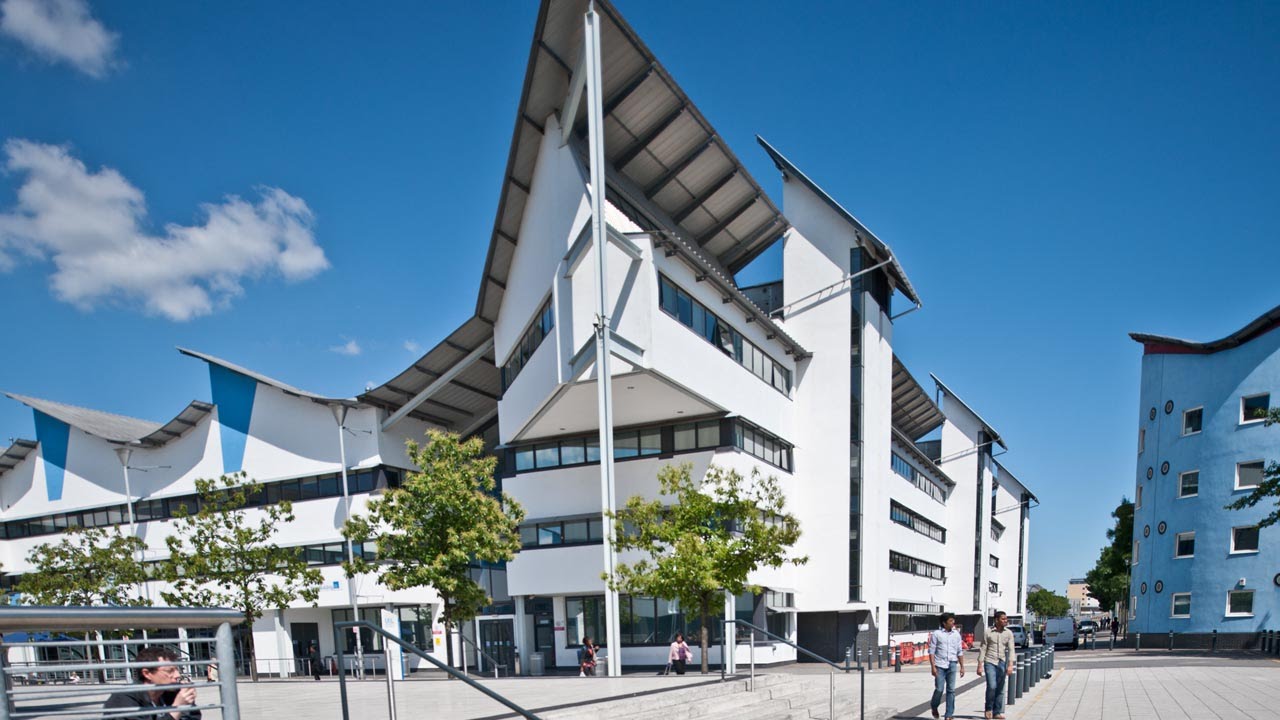University Of East London Study To Inform Mayor’s Mentoring Policy
The Mayor of London’s
New Deal for Young People
mission is working to ensure that 100,000 disadvantaged young Londoners have access to high quality mentoring opportunities, and that all young Londoners have access to quality local youth activities.
New research makes recommendations to understand and remove the barriers to young Londoners accessing good quality mentoring services.
The research was funded by the
London Research and Policy Partnership
– a new partnership led by the University of London and the GLA, to promote greater collaboration between academic researchers and policymakers.
It was carried out by Dr Darren Sharpe of the
Institute for Connected Communities (ICC)
in collaboration with the
School of Education and Communities
at the University of East London (UEL) on behalf of the Greater London Authority (GLA).
The aim was to examine mentoring gaps, best practices and challenges in London to help strengthen the roll-out of new programmes as part of the Mayor’s New Deal for Young People mission.
The mapping exercise looked at factors which can prevent young Londoners from taking part in mentoring, such as cultural competency levels, the matching of suitable mentors, the cost of travel and how mentors are trained.
It also found more mentoring provision should be designed to accommodate and target young parents, young carers and young people living with chronic health conditions, who are all currently under-served.
Young Londoners shared that they want a mentoring service to create an atmosphere where young people can freely air their concerns and issues and be able to build a trusted relationship with tailored advice and guidance.
Dr Darren Sharpe
, Deputy Director at the ICC, commented, “The research will inform future policy and how the delivery of mentoring opportunities is improved to be more efficient in helping young Londoners.”.
“The research found young people want to know far more about the purpose of mentoring. Mentoring, particularly for vulnerable young people, brings the benefit of having someone to listen to them and their concerns and give their expert advice in how they can progress in the next stage of their life. It needs to be an early intervention and widely promoted, rather than being accessed as a reactive source of help at a critical time. Mentoring services need a wide pool of diverse people to choose from and Young people not only value skills, but someone who looks like them and has gone through the same or similar experiences,” Dr Sharpe added.
David McCollum, Head of the New Deal for Young People said, “We are really pleased to share this mentoring research and the findings are helping to inform our New Deal for Young People mission. We’re building on Dr Sharpe’s recommendations through significant investment in mentoring for the most disadvantaged young Londoners, providing guidance, through our Mentoring Quality Framework, to ensure mentors are well trained and supported, and developing options to help recruit more mentors with diverse backgrounds, ethnicities and experiences.”
Ben Rogers, Professor of Practice, University of London, said,
Over the last two years the University of London and Mayor of London have been leading a new partnership to promote closer working between academic experts and London government. This research is a great example of high impact policy research that can result. The University of London is delighted to have been able to support it.”
The research was conducted using a mix of young people’s focus groups, and interviews with mentor providers, and surveys with councils, funders and mentor providers.

